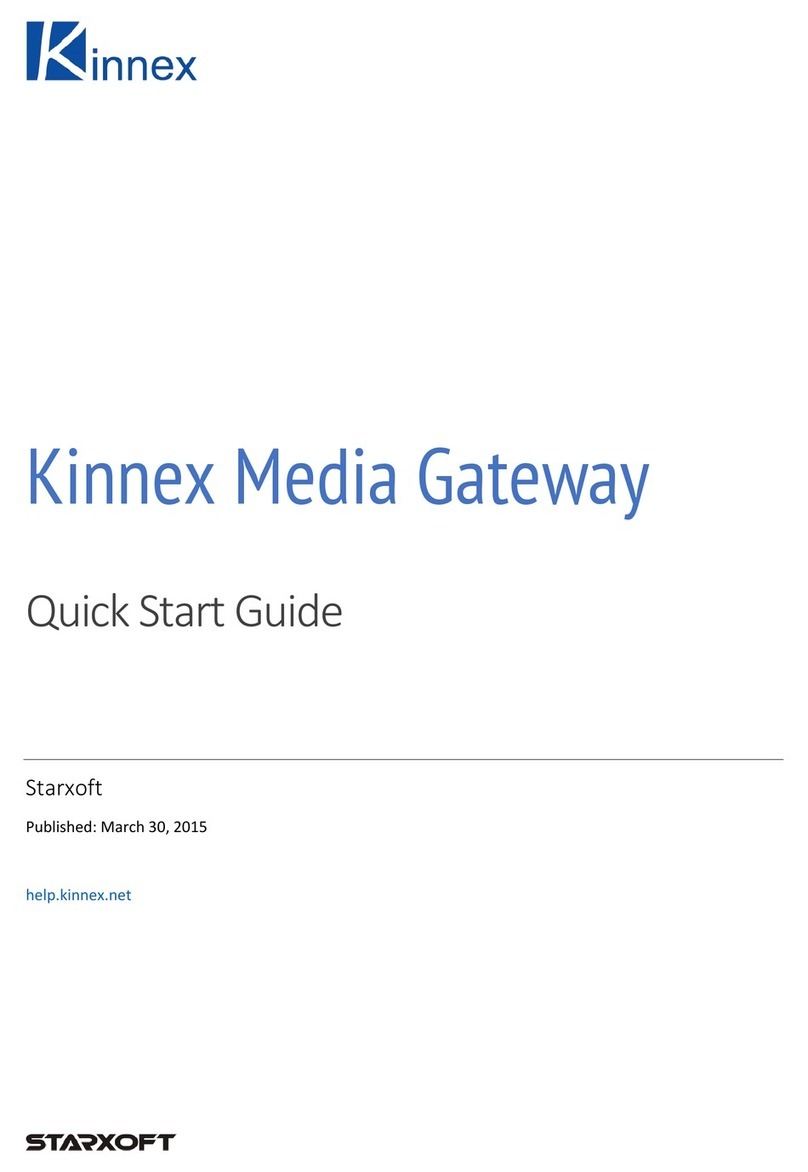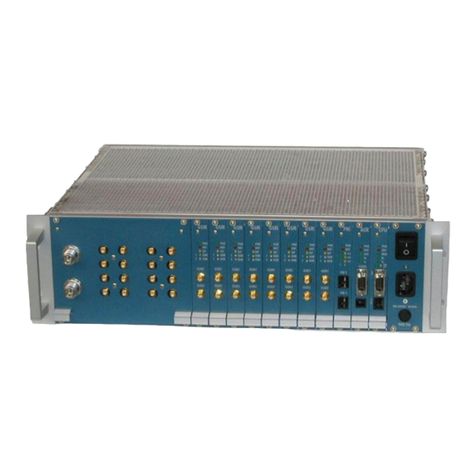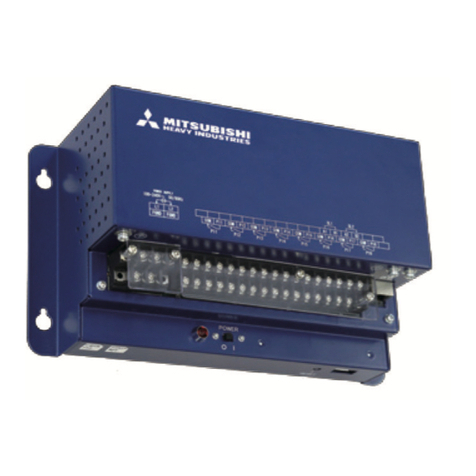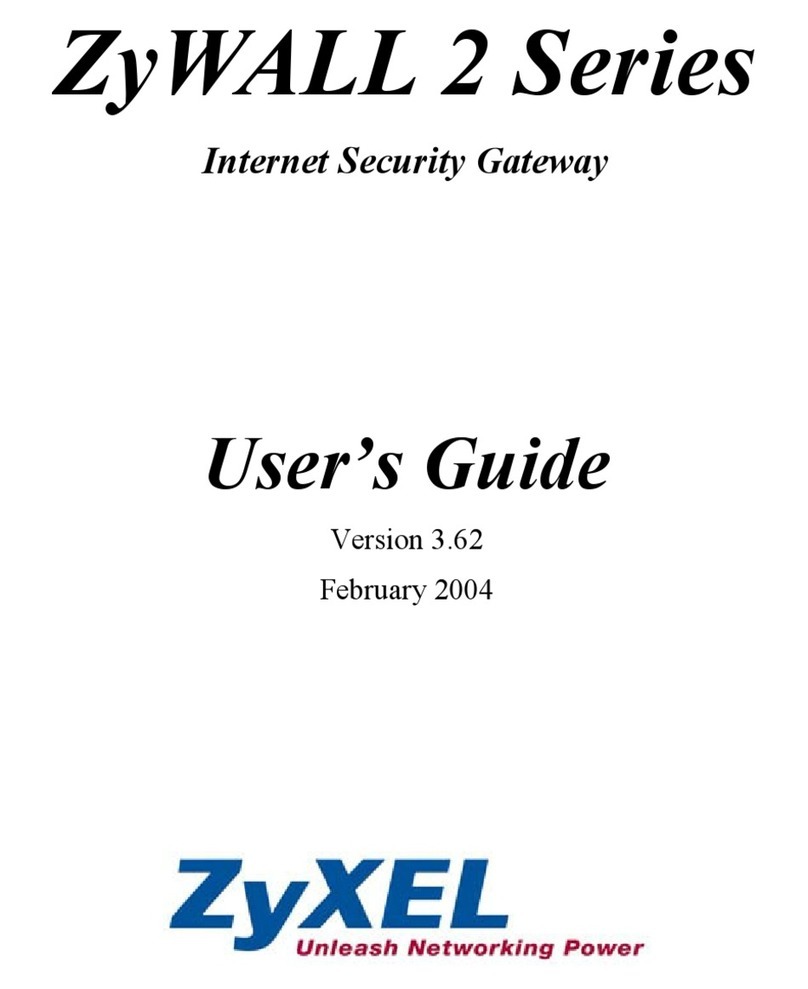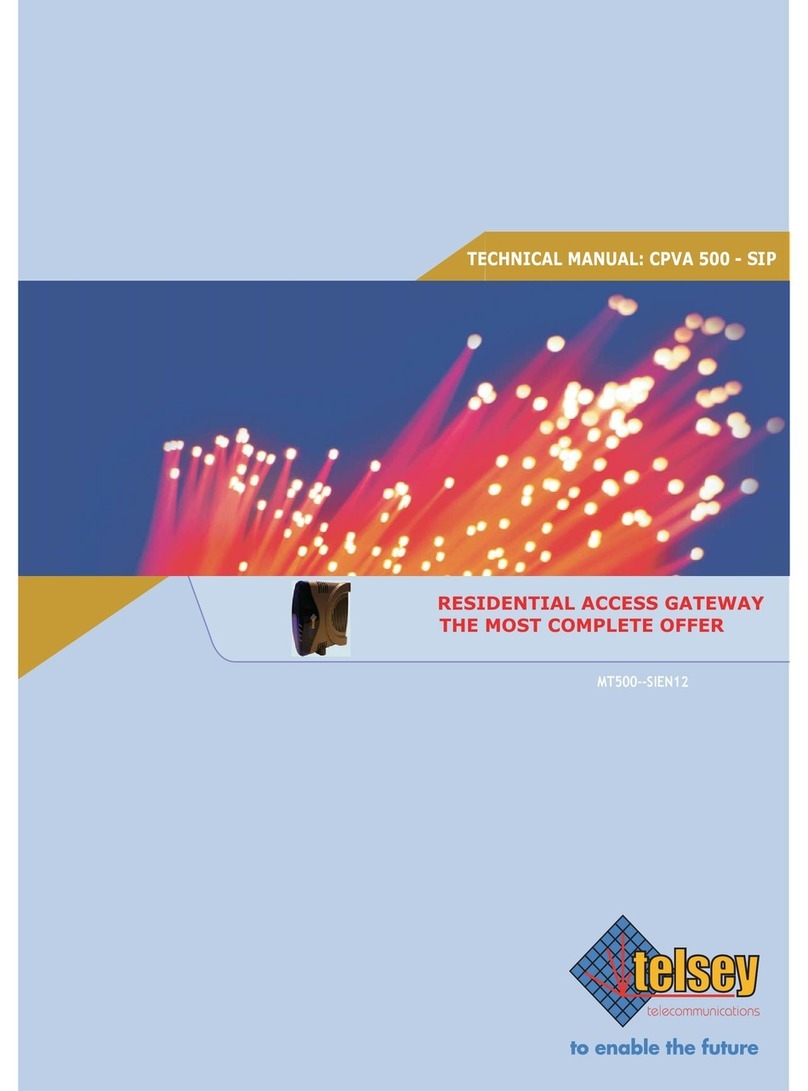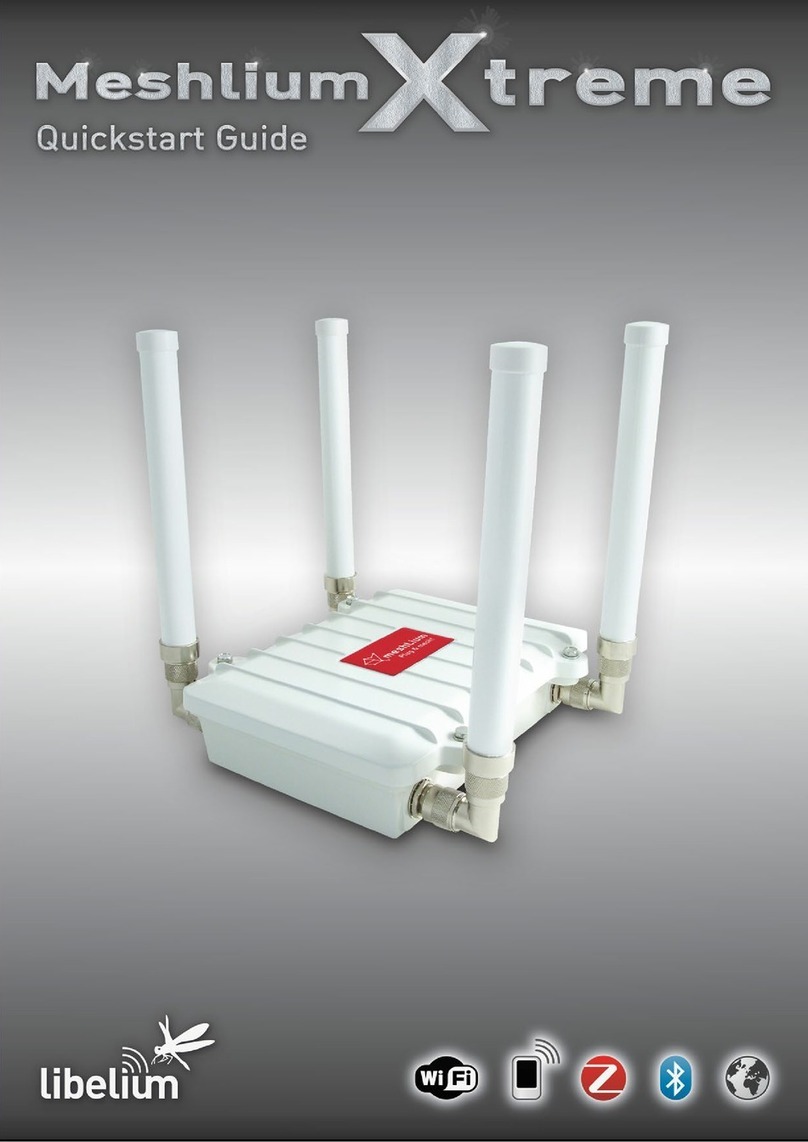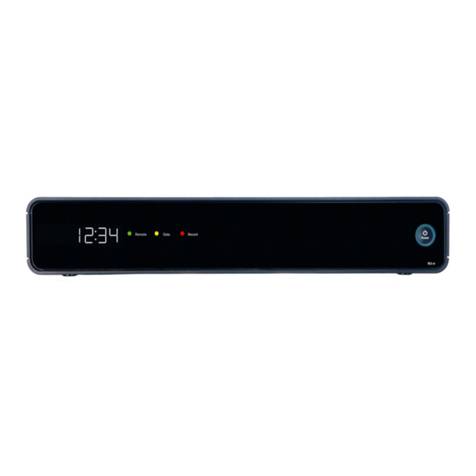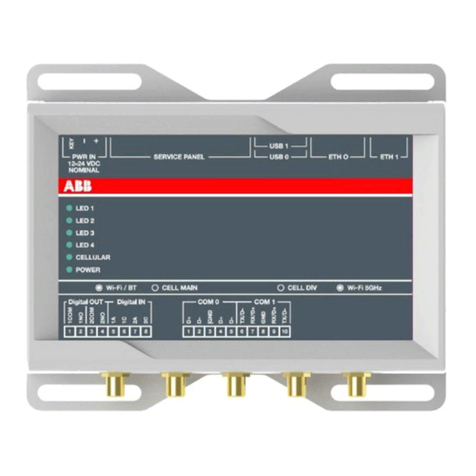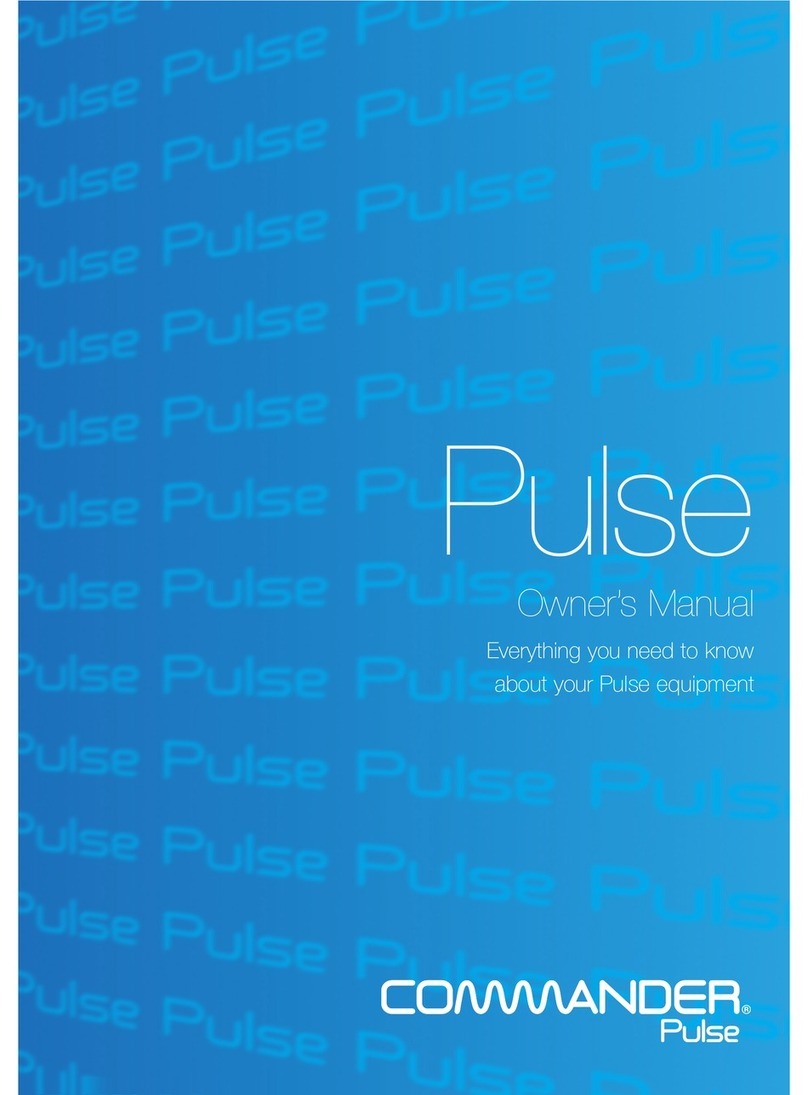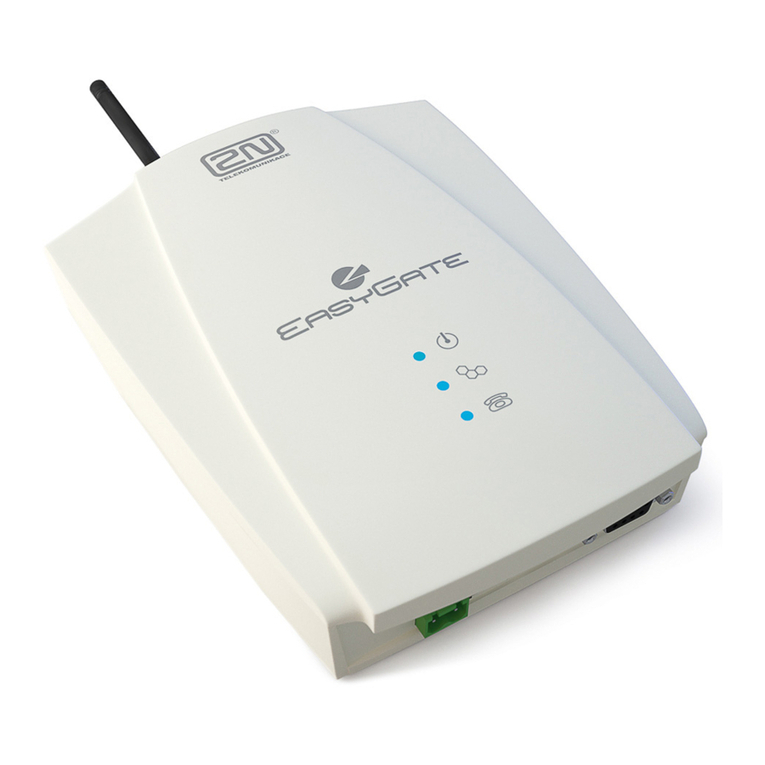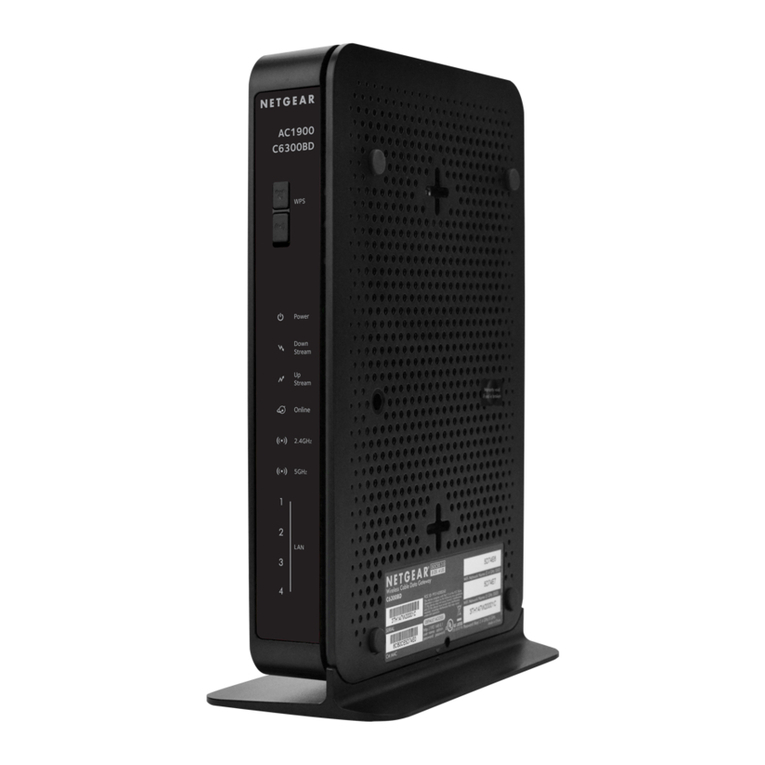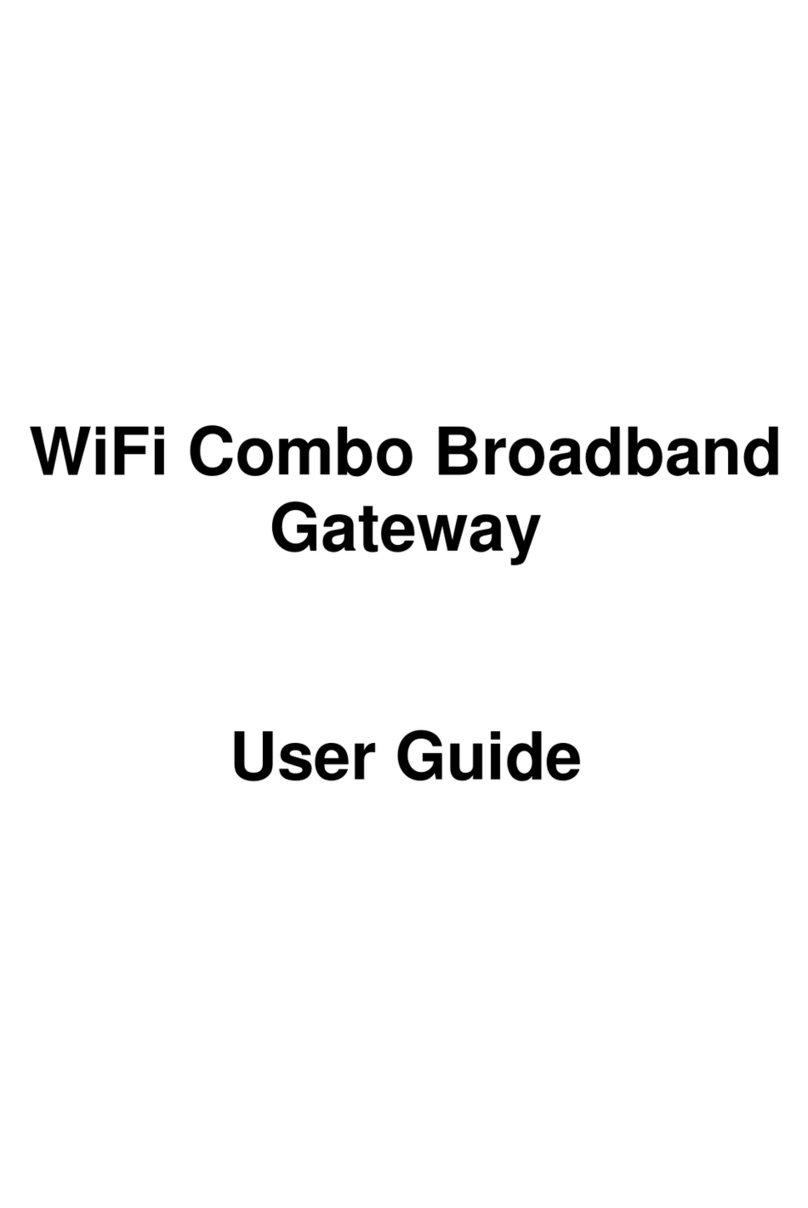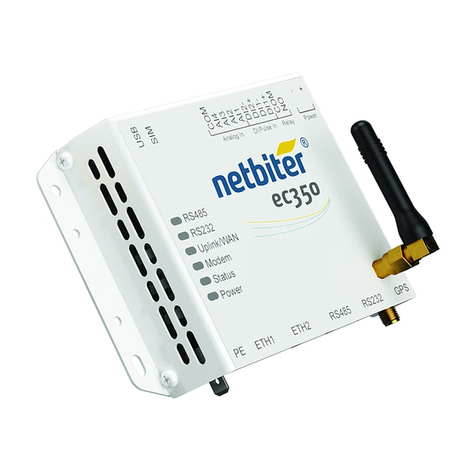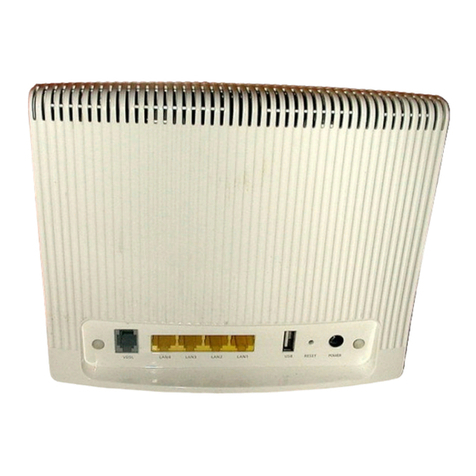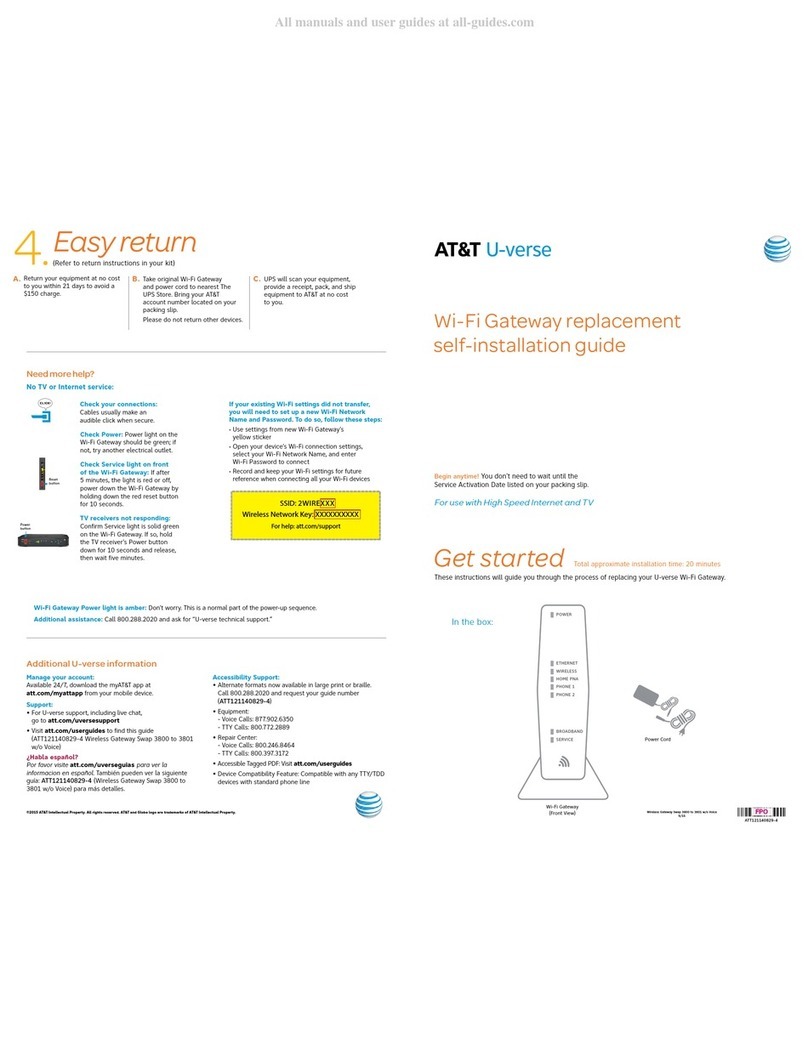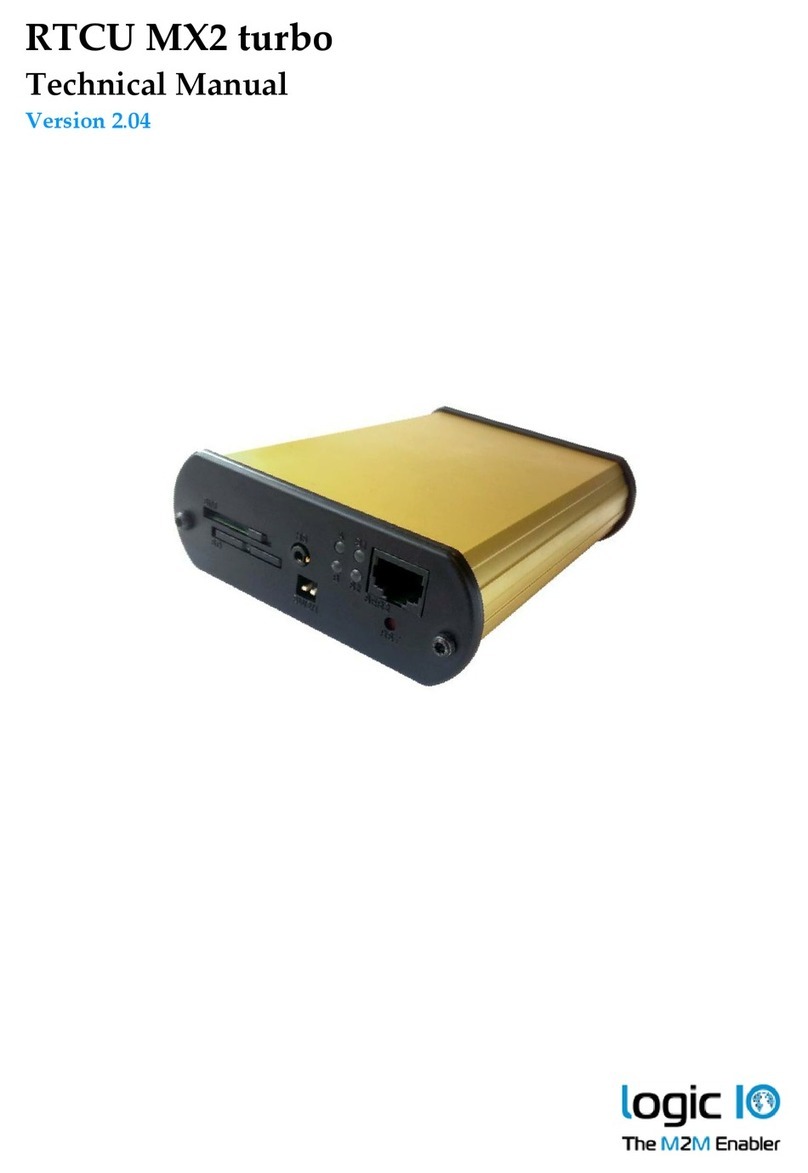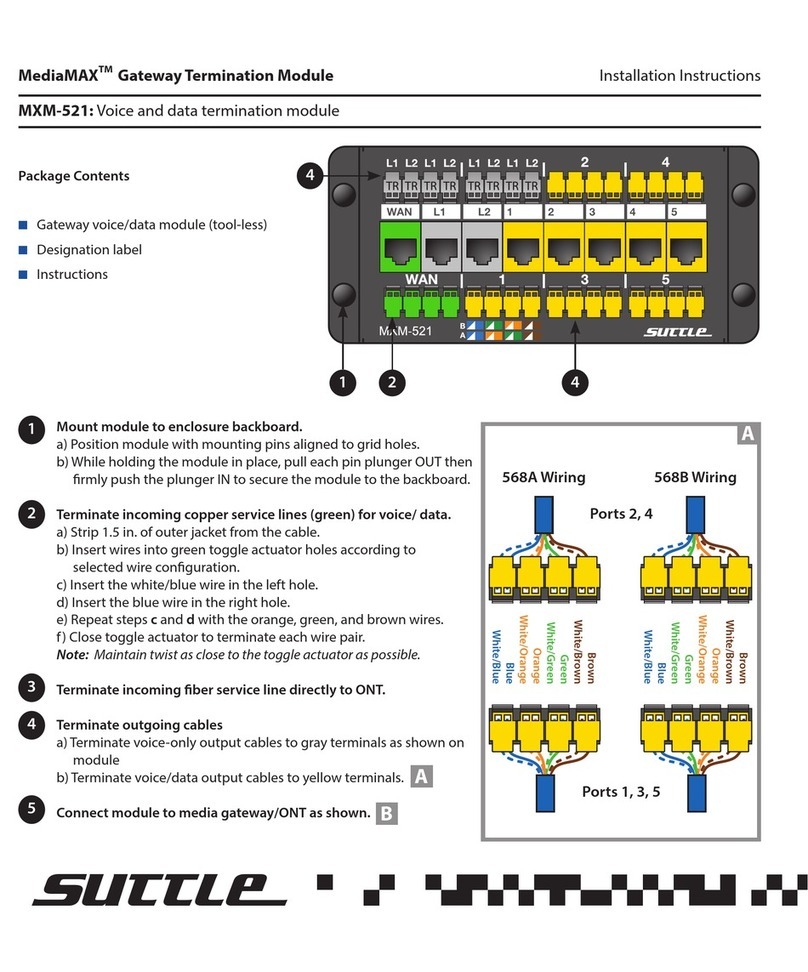12.3.7. Ensura.............................................................................................................................. 125
12.3.8. Ericsson AppIoT.............................................................................................................. 126
12.3.9. Esri ................................................................................................................................... 129
12.3.10. Extunda ......................................................................................................................... 133
12.3.11. HaibuSmart................................................................................................................... 134
12.3.12. inswift.......................................................................................................................... 135
12.3.13. IoT-Ticket....................................................................................................................... 137
12.3.14. IoTSens .......................................................................................................................... 143
12.3.15. Kii ................................................................................................................................... 144
12.3.16. Labeeb........................................................................................................................... 147
12.3.17. MQTT ............................................................................................................................. 150
12.3.18. Orchestra ...................................................................................................................... 153
12.3.19. Redd............................................................................................................................... 156
12.3.20. RIOT Platform ............................................................................................................... 157
12.3.21. SensorUp IoT Platform ................................................................................................ 158
12.3.22. Sentilo............................................................................................................................ 159
12.3.23. Simfony ......................................................................................................................... 160
12.3.24. SmartPlants .................................................................................................................. 163
12.3.25. TechEdge SAP HANA.................................................................................................... 164
13. Device connectors..........................................................................................................166
13.1. Device Partners ........................................................................................................................... 167
13.1.1. Axis................................................................................................................................... 167
14. Smartphone detection ...................................................................................................170
14.1. Devices detected......................................................................................................................... 172
14.2. WiFi Scanner ................................................................................................................................ 177
14.2.1. Concepts.......................................................................................................................... 177
14.2.2. Local database................................................................................................................ 180
14.2.3. External database .......................................................................................................... 181
14.3. Bluetooth Scanner ...................................................................................................................... 183
14.3.1. Concepts.......................................................................................................................... 183
14.3.2. Local database................................................................................................................ 185
14.3.3. External database .......................................................................................................... 186
15. Tools .................................................................................................................................188
15.1. Fresnel calculator........................................................................................................................ 188
15.2. Iperf .............................................................................................................................................. 188
15.3. Ping............................................................................................................................................... 189
15.4. Traceroute ................................................................................................................................... 190
15.5. Netstat.......................................................................................................................................... 190
15.6. GPS ............................................................................................................................................... 191
15.6.1. Concepts.......................................................................................................................... 191
15.6.2. Conguring GPS service ................................................................................................ 191

